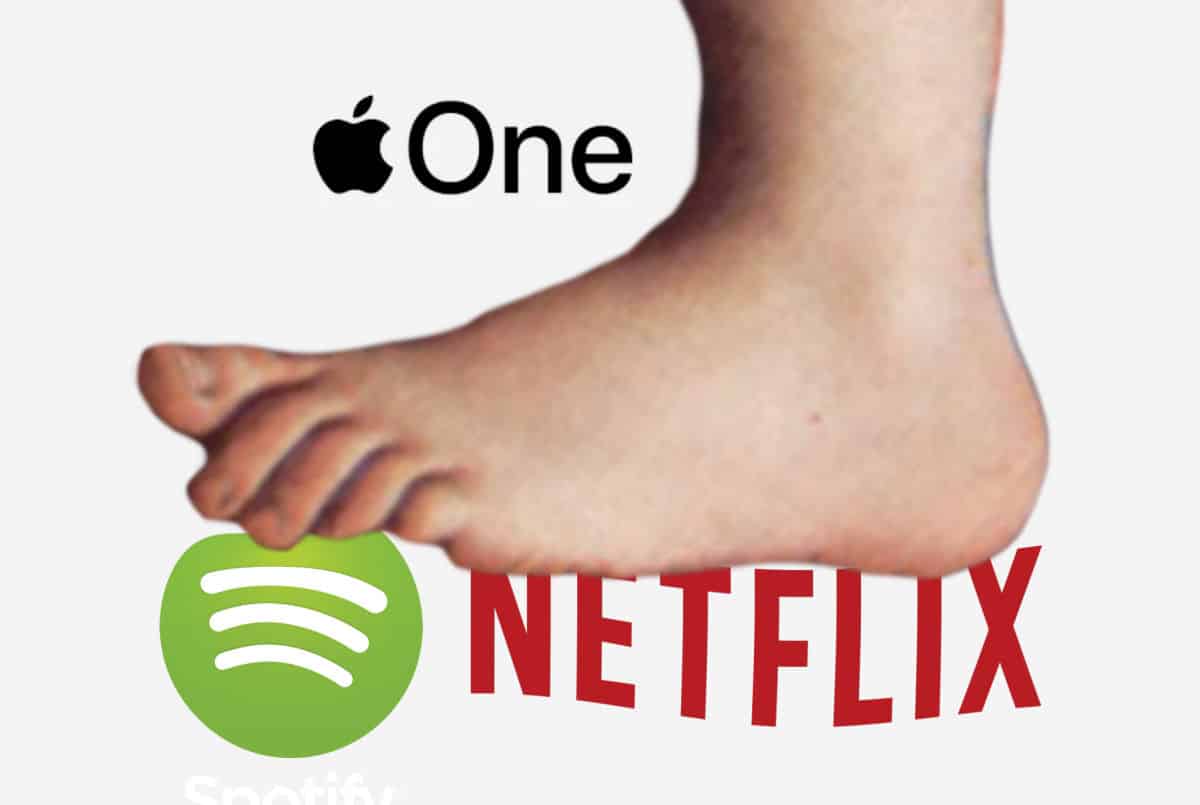No surprise as EU finds Apple Music in breach of competition law, could fine them $27 billion
3 min. read
Updated on
Read our disclosure page to find out how can you help MSPoweruser sustain the editorial team Read more

In 2019 Spotify complained to the European Union about what they perceived to be Apple’s anti-competitive policies which were hurting their business.
Today the European Commission issued preliminary findings which confirmed that Apple had indeed broken EU competition rules by unfairly favouring their service and penalising others.
Our preliminary conclusion: @Apple is in breach of EU competition law. @AppleMusic compete with other music streaming services. But @Apple charges high commission fees on rivals in the App store & forbids them to inform of alternative subscription options. Consumers losing out.
— Margrethe Vestager (@vestager) April 30, 2021
Importantly the Commission felt that not only was rivals losing out, but also consumers. Their statement notes:
The European Commission has informed Apple of its preliminary view that it distorted competition in the music streaming market as it abused its dominant position for the distribution of music streaming apps through its App Store. The Commission takes issue with the mandatory use of Apple’s own in-app purchase mechanism imposed on music streaming app developers to distribute their apps via Apple’s App Store. The Commission is also concerned that Apple applies certain restrictions on app developers preventing them from informing iPhone and iPad users of alternative, cheaper purchasing possibilities.
The Commision in particular focussed on the following two Apple Store rules:
- The mandatory use of Apple’s proprietary in-app purchase system (“IAP”) for the distribution of paid digital content. Apple charges app developers a 30% commission fee on all subscriptions bought through the mandatory IAP. The Commission’s investigation showed that most streaming providers passed this fee on to end users by raising prices.
- “Anti-steering provisions” which limit the ability of app developers to inform users of alternative purchasing possibilities outside of apps. While Apple allows users to use music subscriptions purchased elsewhere, its rules prevent developers from informing users about such purchasing possibilities, which are usually cheaper. The Commission is concerned that users of Apple devices pay significantly higher prices for their music subscription services or they are prevented from buying certain subscriptions directly in their apps.
Apple will have a chance to respond to the EU’s objects, but in a statement Apple struck a defiant and tone-deaf tone, saying:
“Spotify has become the largest music subscription service in the world, and we’re proud for the role we played in that. Spotify does not pay Apple any commission on over 99% of their subscribers, and only pays a 15% commission on those remaining subscribers that they acquired through the App Store. At the core of this case is Spotify’s demand they should be able to advertise alternative deals on their iOS app, a practice that no store in the world allows. Once again, they want all the benefits of the App Store but don’t think they should have to pay anything for that. The Commission’s argument on Spotify’s behalf is the opposite of fair competition.”
The EU can fine Apple up to 10% of their annual revenue, which could be as much as $27 billion based on last year’s revenue, and can also force Apple to change its rules.
Spotify welcomed the initial findings, saying:
“Ensuring the iOS platform operates fairly is an urgent task with far-reaching implications. The European Commission’s Statement of Objections is a critical step toward holding Apple accountable for its anticompetitive behavior, ensuring meaningful choice for all consumers and a level playing field for app developers,” said Spotify’s head of global affairs and chief legal officer Horacio Gutierrez.
Spotify is part of the Coalition for App Fairness, formed by Epic Games, Spotify, Basecamp, Blix, Blockchain.com, Deezer, the European Publishers Council, Match Group, News Media Europe, Prepear, Protonmail, SkyDemon, and Tile, and today’s finding by the EU may open the door for many similar complaints by other companies, which could ultimately lead to profound changes to Apple’s policies.
via the verge









User forum
0 messages